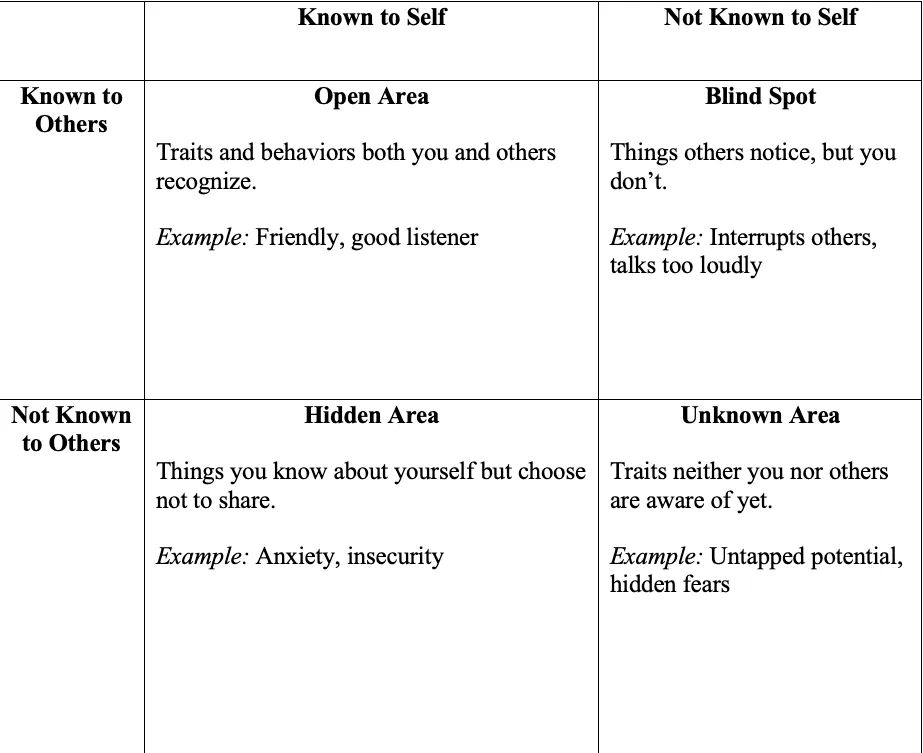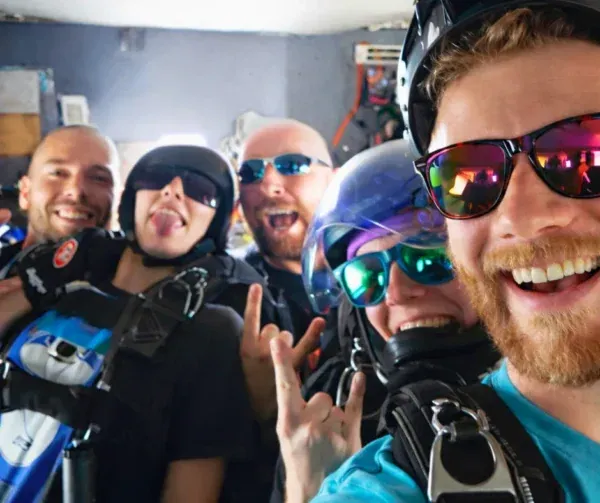September 18, 2025
Are You Missing Your Blind Spots?
Have you ever been told that something you said or did was inappropriate—but you didn’t realize it at the time? Maybe someone mentioned that you said something out of line or acted in a way that made others uncomfortable. If that sounds familiar, you may be overlooking a blind spot—a word or action you do without even realizing it.
The hardest part? Other people can see it, even if you can’t.
Blind spots are hidden areas in our behavior and thinking that can affect our relationships, decision-making, and personal growth. Everyone has them, but learning how to identify and manage them can lead to meaningful change.
What Are Blind Spots?
- Blind spots are gaps in our perception and thinking that impact how we relate to others.
- They can be caused by upbringing, personal biases, or a lack of self-awareness.
- By improving self-awareness and working on our blind spots, we can strengthen relationships, make better decisions, and grow as individuals.
Common Examples of Blind Spots
- Singing out loud at inappropriate times
- Interrupting conversations
- Showing unpleasant facial expressions (your face might reveal more than you think!)
- Picking at your face or hair
- Using curse words
- Laughing at the wrong time
- Talking over others
These are often small behaviors that break social norms—not necessarily on purpose, but because we’re unaware we’re even doing them.
So, How Can You Identify Your Blind Spots?
Here are a few ways to build awareness and start working on those unnoticed behaviors:
- Ask someone you trust. A friend, parent, or sibling can help you identify moments when you may come across as inappropriate or uncomfortable to others.
- Create a feedback list. Jot down what others have told you—big or small. These clues can help you spot patterns.
- Make your own list. What habits or behaviors have people asked you to stop in the past? Include those too.
- Develop mindful strategies. For example:
- Keep your hands in your pockets to avoid fidgeting
- Pause before sharing opinions on sensitive topics
- Wait your turn to speak
- Avoid touching your face or hair
- Remind yourself: My opinion is not a fact—and others were raised differently than I was
- Use a Johari Window. This tool helps identify blind spots by comparing what you know about yourself with what others see. Filling it out with someone you trust can lead to powerful insight—and help you swap those blind spots for kind words, healthier actions, and better self-control.

Blind spots are a natural part of being human—but they don’t have to hold us back. By being open to feedback, practicing self-awareness, and using tools like the Johari Window, we can uncover the hidden parts of ourselves and grow into more thoughtful, connected, and empowered individuals. Self-awareness is a journey—not a destination—and every step you take helps you become a better version of yourself and a better friend, partner, or teammate to those around you.







